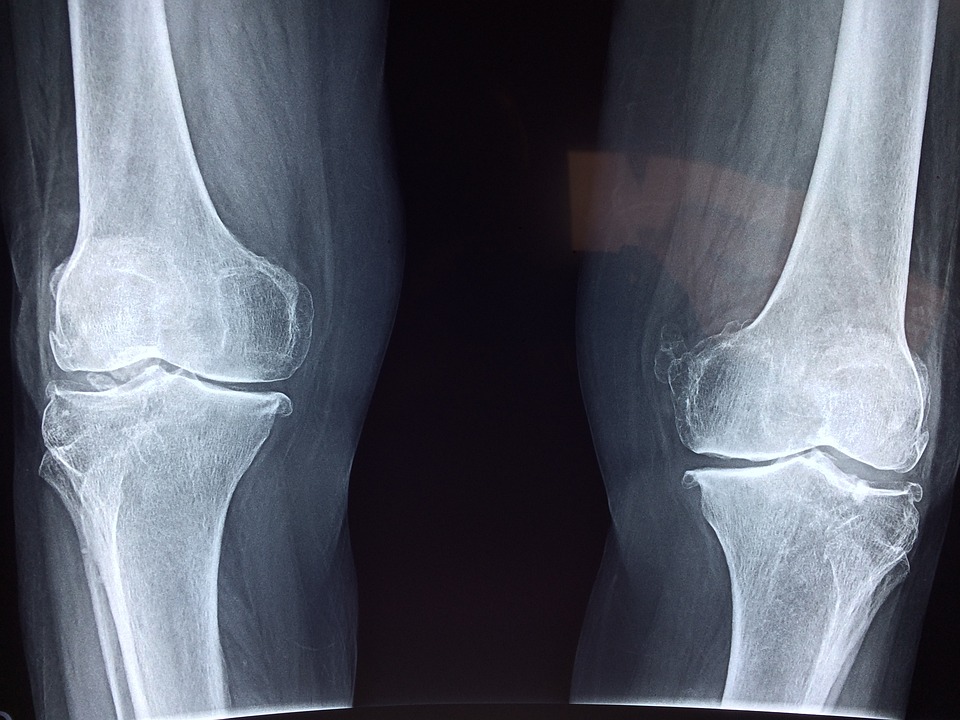Exploring the Importance of Bone Health: Factors, Risk Factors, and Prevention Techniques
[ad_1]
Exploring the Importance of Bone Health:
Factors, Risk Factors, and Prevention Techniques
Introduction
Our bones form the structural framework that supports our bodies and enables us to move. They play a crucial role
in providing protection to vital organs and storing minerals. Therefore, it is essential to understand the
importance of maintaining good bone health throughout our lives. In this article, we will explore the factors
influencing bone health, the risk factors that can lead to bone disorders, and effective prevention techniques to
maintain strong and healthy bones.
Factors Affecting Bone Health
Several factors contribute to the overall health and strength of our bones:
-
- Nutrition: A balanced diet rich in calcium, vitamin D, and other essential nutrients is
vital for promoting proper bone growth and maintenance.
- Nutrition: A balanced diet rich in calcium, vitamin D, and other essential nutrients is
-
- Exercise: Weight-bearing exercises and strength training help build and maintain bone mass
by stimulating the cells responsible for bone formation.
- Exercise: Weight-bearing exercises and strength training help build and maintain bone mass
-
- Hormones: Hormones, such as estrogen and testosterone, play a significant role in bone
health. Hormonal imbalances, particularly during menopause or with conditions like hypothyroidism, can
negatively affect bone density.
- Hormones: Hormones, such as estrogen and testosterone, play a significant role in bone
-
- Genetics: Our genetic makeup influences our bone health. Some individuals may be genetically
predisposed to certain bone disorders.
- Genetics: Our genetic makeup influences our bone health. Some individuals may be genetically
Risk Factors for Bone Disorders
Several risk factors can increase the likelihood of developing bone disorders:
-
- Age: As we age, our bones naturally become less dense, increasing the risk of osteoporosis
and fractures.
- Age: As we age, our bones naturally become less dense, increasing the risk of osteoporosis
-
- Gender: Women are more prone to bone issues due to hormonal changes during menopause that
accelerate bone loss.
- Gender: Women are more prone to bone issues due to hormonal changes during menopause that
-
- Family history: If you have a family history of osteoporosis or fractures, you are at a
higher risk of developing bone problems.
- Family history: If you have a family history of osteoporosis or fractures, you are at a
-
- Lifestyle choices: Smoking, excessive alcohol consumption, and leading a sedentary lifestyle
can weaken bones and hinder their ability to repair themselves.
- Lifestyle choices: Smoking, excessive alcohol consumption, and leading a sedentary lifestyle
Prevention Techniques for Maintaining Bone Health
Protecting and improving bone health requires adopting certain preventive measures:
-
- Calcium and vitamin D: Ensure an adequate intake of calcium and vitamin D through diet and
supplements if necessary. Dairy products, leafy greens, and fortified foods are excellent sources of calcium,
while sunlight exposure helps in vitamin D synthesis.
- Calcium and vitamin D: Ensure an adequate intake of calcium and vitamin D through diet and
-
- Regular exercise: Engage in weight-bearing exercises like walking, dancing, or jogging, as
well as strength training routine, to enhance bone density and strength.
- Regular exercise: Engage in weight-bearing exercises like walking, dancing, or jogging, as
-
- Avoid smoking and alcohol: Smoking and excessive alcohol consumption can weaken bones and
increase the risk of fractures. Quit smoking and limit alcohol intake to promote better bone health.
- Avoid smoking and alcohol: Smoking and excessive alcohol consumption can weaken bones and
-
- Regular check-ups: Regularly consult your healthcare provider, particularly if you are at
risk of developing bone issues. They can assess your bone density and recommend appropriate preventive
measures.
- Regular check-ups: Regularly consult your healthcare provider, particularly if you are at
Conclusion
Bone health is of utmost importance throughout our lives. Factors such as nutrition, exercise, hormones, and
genetics significantly affect overall bone health. Understanding the risk factors associated with bone disorders,
including age, gender, family history, and lifestyle choices, is crucial in prevention.
By adopting preventive measures, such as maintaining proper nutritional intake, engaging in regular exercise,
avoiding harmful lifestyle habits, and seeking medical guidance, we can proactively protect and improve our bone
health.
Frequently Asked Questions (FAQs)
Q: Why is calcium important for bone health?
A: Calcium is a vital mineral for maintaining strong and healthy bones. It is the primary building block of bones
and is necessary for their growth and maintenance.
Q: Can men develop osteoporosis?
A: While osteoporosis is more commonly associated with women, men can also develop this condition. It is essential
for both genders to take measures to maintain good bone health.
Q: Are fractures only caused by accidents?
A: Fractures can occur due to accidents, but they can also occur from weakened bones resulting from conditions
like osteoporosis. It is crucial to focus on maintaining bone health to reduce the risk of fractures.
Q: Can lifestyle changes improve bone health?
A: Yes, adopting a healthy lifestyle that includes a balanced diet, regular exercise, and avoiding harmful habits
like smoking and excessive alcohol consumption can significantly improve bone health and reduce the risk of bone
disorders.
[ad_2]

